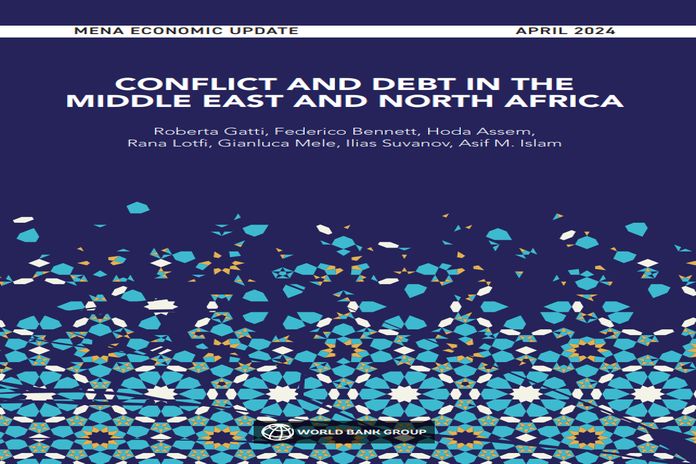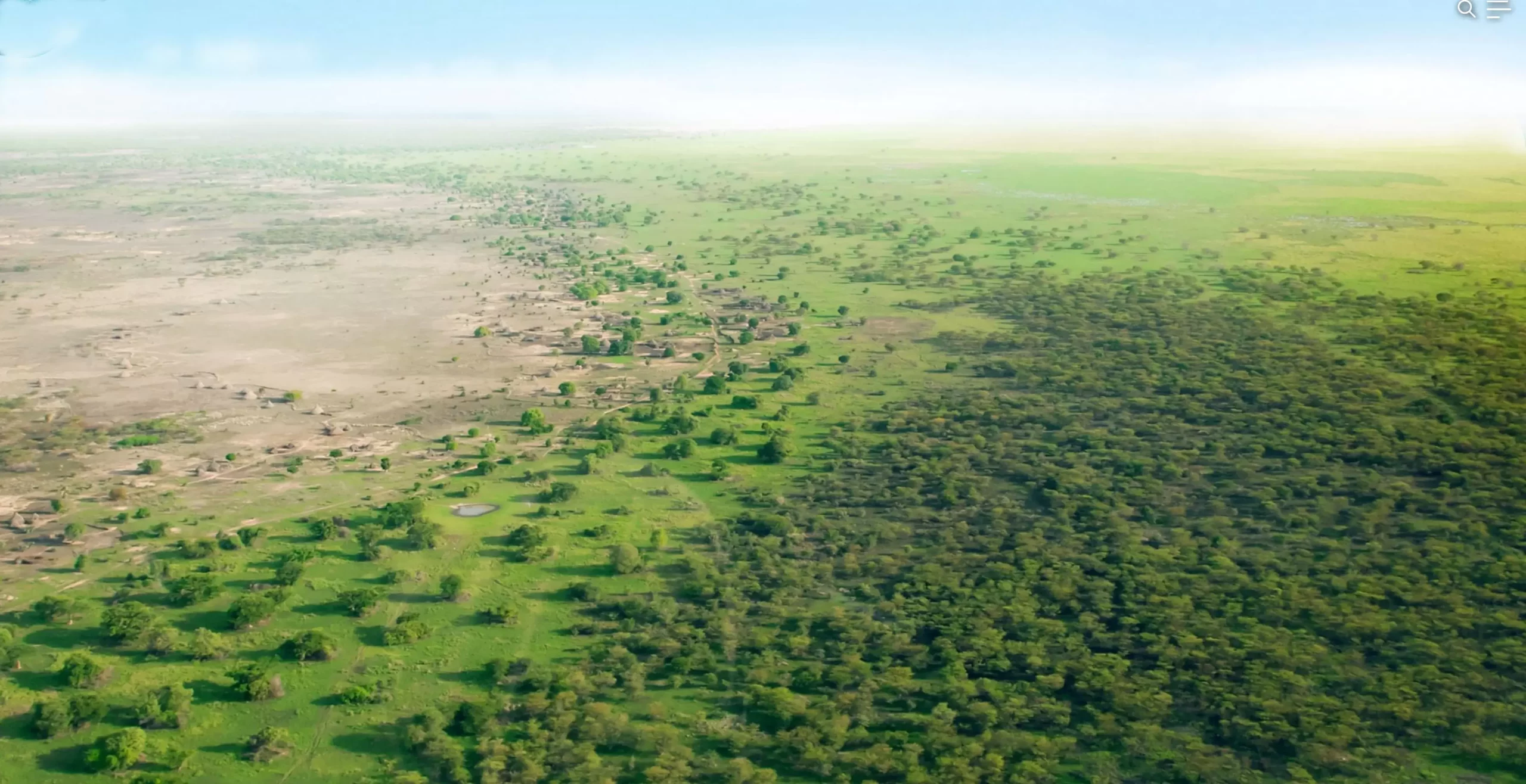Lackluster growth, rising indebtedness and heightened uncertainty due to the conflict in the Middle East are impacting economies across the Middle East and North Africa (MENA) region, says a new report by the World Bank.
According to the World Bank’s MENA Economic Update, the regional economies are expected to return to low growth akin to the decade prior to the pandemic, with MENA’s GDP forecast to rise to 2.7% in 2024 from 1.9% in 2023. In 2024, oil importing and oil exporting countries are likely to continue to experience an economic growth at less disparate rates than 2022 and 2023, when higher oil prices boosted growth in oil exporters. For Gulf Cooperation Council (GCC) countries, the 2024 growth uptick reflects expectations of robust non-oil sector activity and fading out of oil production cuts towards the end of the year. GDP growth in almost all oil importing countries is expected to decelerate.
The report entitled ‘Conflict and Debt in the Middle East and North Africa’ also shows that the economic impact of the conflict in the Middle East, most notably the Israel’s war on Gaza, on the rest of the region has remained relatively contained, but uncertainty has increased. The report notes that the rising indebtedness in the MENA region is heavily concentrated in oil-importing economies, which now have a debt-to-GDP ratio 50% higher than the global average of emerging market and developing economies. Finally, the report presents evidence that oil-importing countries in MENA have been unable to grow out of debt or inflate their debt away, making fiscal discipline essential to curb indebtedness.



